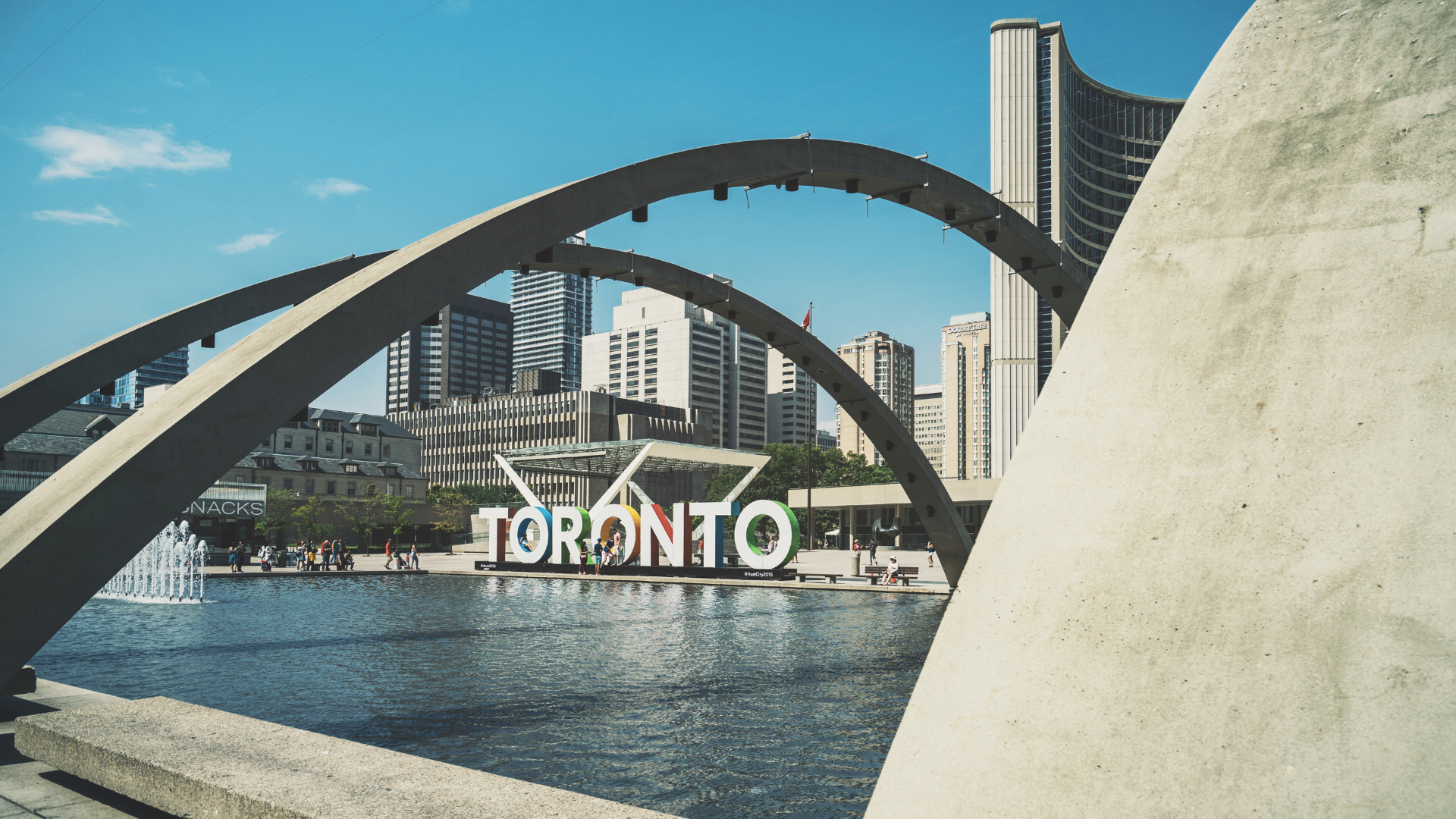Six Frequently Asked Questions About Canadian Work Permits

Canadian work permits allow foreign nationals to work and
live in Canada temporarily, enhancing their chances for permanent residence
(PR) through Canadian work experience. Here are answers to six common questions
about work permits.
1. What Types of Work Permits Are Available?
There are two main types of Canadian work permits:
- Open
Work Permits (OWPs): These permits allow holders to work
anywhere in Canada for most employers.
- Employer-Specific
(Closed) Work Permits: These permits are tied to a
specific employer and usually require a Labour Market Impact Assessment
(LMIA) to assess the impact of hiring a foreign worker.
2. How Long Does It Take to Process a Work
Permit Application?
Processing times vary based on several factors, including
the type of permit and the applicant's location. The IRCC offers a tool to
check current processing times.
3. Can Visitors in Canada Apply for a Work
Permit?
Generally, visitors cannot apply for work permits. However,
a temporary policy (until February 28, 2025) allows some visitors to apply if
they:
- Are
physically present in Canada when applying
- Stay
in Canada while the application is processed
- Apply
between August 24, 2020, and February 28, 2025
- Have
valid visitor status
- Restore
expired visitor status before applying
Certain professions and Certificat de sélection du Québec
(CSQ) holders are eligible.
4. Can Applicants Appeal a Work Permit
Decision?
There is no right of appeal for temporary resident
applications. IRCC suggests reapplying, where a different officer might review
the new application. Procedural errors can be addressed through a judicial
review by the Federal Court of Canada.
5. How to Replace a Lost, Stolen, or Destroyed
Work Permit?
To replace a lost or destroyed work permit, submit an
application and pay a fee for re-printing.
6. Can I Apply for a Work Permit When I Arrive
in Canada?
IRCC recommends applying before arrival. Some visa-exempt individuals can apply at a port of entry if they meet specific criteria, but newcomers cannot apply if they need a visitor visa, are applying for a PGWP, or fall under certain other categories.






